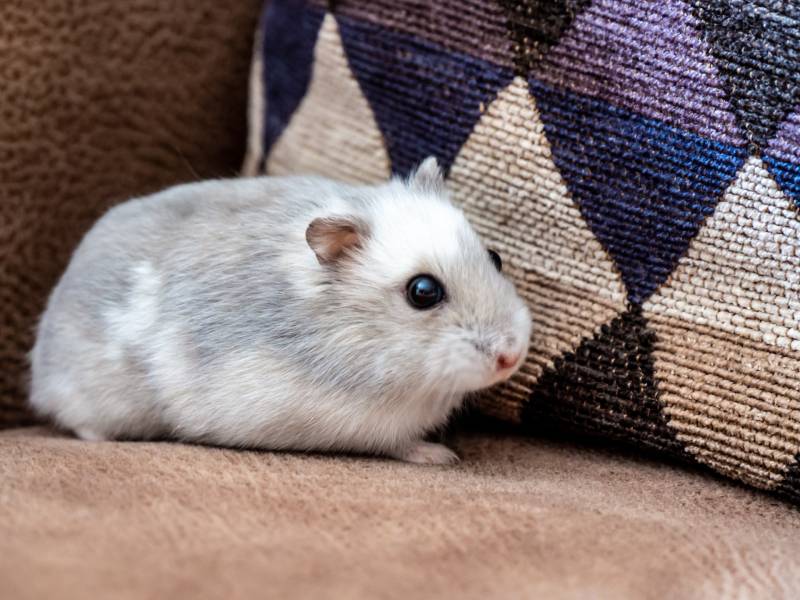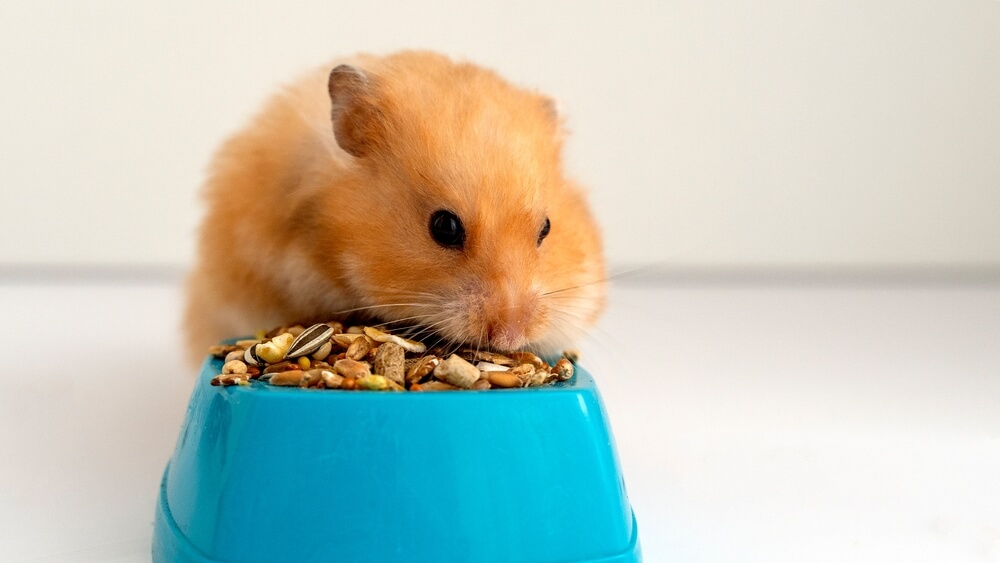Why Do Hamsters Die So Easily? 15 Causes of Sudden Death

Updated on
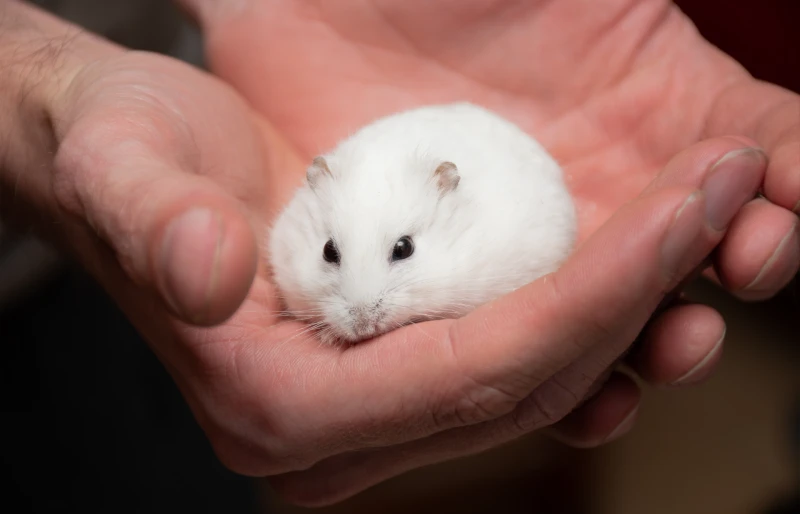
Hamsters are wonderful low-maintenance pets that are great for children and adults. They are friendly, furry, and fun to watch, but one problem many owners have is that they often seem to die suddenly. If this has happened to you and you are wondering why, we list several causes of sudden death in hamsters and discuss a few things that you can do to help prevent it.

The 15 Causes of Sudden Death in Hamsters
1. Age and Lifespan
Hamsters have relatively short lifespans, with most species living for an average of 2–3 years. Syrian hamsters tend to live slightly longer than dwarf hamsters. Their short lifespan is a natural aspect of their biology. As hamsters age, their risk of health issues and death increases, making them more vulnerable to various factors.
2. Stress and Handling
Hamsters are known to be easily stressed by human handling and environmental changes. Rough or excessive handling can lead to stress-related health problems, which may ultimately result in sudden death. It’s important to handle your hamster gently and provide them with a quiet and stable living environment to minimize stress.
3. Fear
Hamsters are easily frightened, especially in a new environment, and being scared could lead to a heart attack and sudden death. Loud noises, rough handling, and other animals are all things that can frighten your hamster.
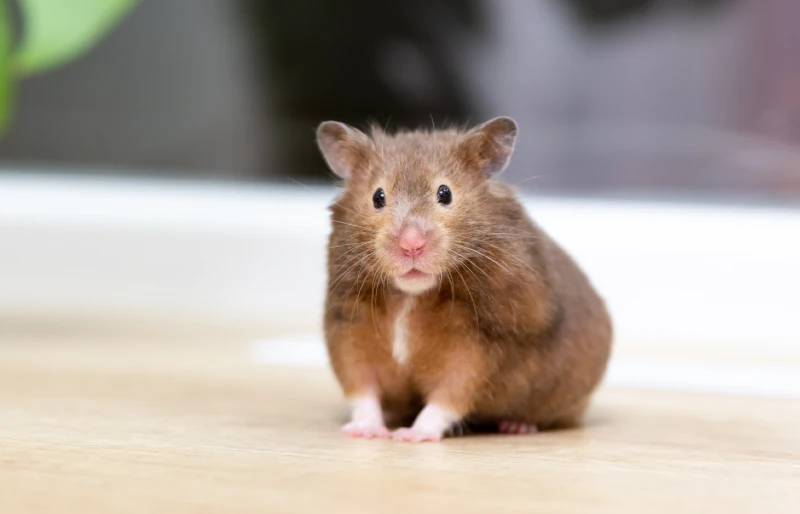
4. Heart Disease
Hamsters are vulnerable to several heart conditions, including congestive heart failure, which can occur early in a hamster’s life, resulting in sudden death.
5. Wet Tail
Wet tail is common in hamsters, resulting in watery diarrhea, greasy fur, a foul-smelling cage, and excessive drinking. It usually affects younger hamsters and can result in sudden death if they don’t get treatment within 48 hours.
6. Pyometra
Pyometra is an infection of the uterus or womb of female hamsters. It causes the abdomen to protrude, leading to blood poisoning and sudden death.

7. Pneumonia
Pneumonia is an infection of the lungs resulting from bacteria. It’s quite common in hamsters and can easily lead to sudden death.
8. Poor Diet and Nutrition
A hamster’s diet is essential for their overall health and longevity. Feeding your hamster an improper diet, such as high-sugar or high-fat foods, can lead to obesity, diabetes, and other health issues, which can shorten their lifespan. A balanced diet of commercial hamster pellets, fresh vegetables, and occasional treats is essential for a long lifespan.
9. Dehydration
Hamsters are prone to dehydration, especially if they don’t always have access to fresh water. Dehydration can lead to various health complications, including kidney problems and organ failure, which can cause sudden death. Ensure that your hamster’s water bottle is functioning properly and always filled with fresh water.
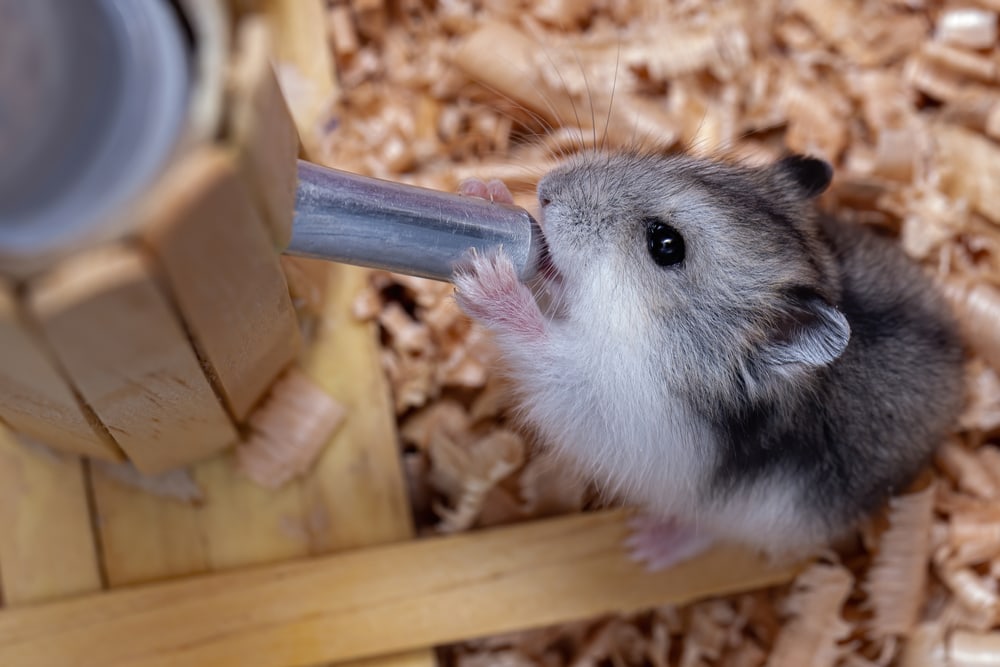
10. Infections and Diseases
Hamsters can be susceptible to various infections and diseases. Respiratory infections, dental issues, and gastrointestinal problems are common health concerns that can lead to sudden death if left untreated. Regular veterinary check-ups are essential to catch and address these issues early.
11. Breeding Complications
Breeding hamsters can be risky, especially for inexperienced breeders. Pregnancy complications can lead to the death of the mother hamster and her pups.
12. Fighting and Aggression
If you house multiple hamsters in the same cage, they may exhibit territorial behavior and aggression, leading to fights. Severe injuries from hamster fights can result in death, so keeping them in separate cages is a good idea.
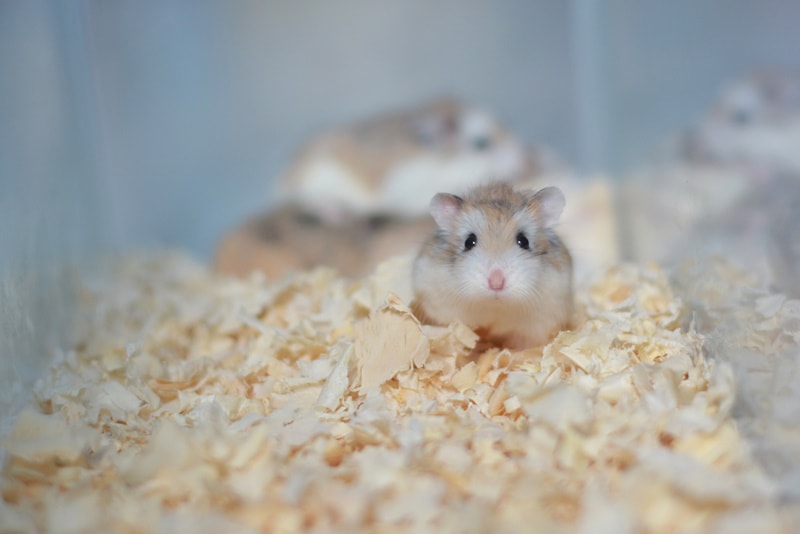
13. Parasites and Pests
External parasites like mites and internal parasites like worms can infest hamsters and cause various health problems. Regularly inspect your hamster for signs of infestations, and consult a veterinarian for proper treatment.
14. Environmental Factors
Environmental factors, such as extreme temperatures, drafts, or exposure to toxins, can be life-threatening to hamsters. Ensure that your hamster’s habitat is in a suitable location, free from potential hazards.
15. Natural Causes
Many hamsters die of natural causes, which means there isn’t a specific reason for their passing. As they reach the end of their lifespan, their bodies become less resilient, and they may simply pass away peacefully in their sleep.


Frequently Asked Questions
How Long Do Hamsters Live?
On average, hamsters live for about 2–3 years, though their lifespan can vary depending on the breed and individual health.
How Can I Tell If My Hamster Is Sick?
Signs of illness in hamsters may include lethargy, changes in eating or drinking habits, weight loss, fur loss, discharge from the eyes or nose, and diarrhea. If you notice any of these signs, consult a veterinarian immediately.
What Should I Do If My Hamster Is Biting or Nipping at Me?
Hamsters may bite if they feel threatened or stressed. To avoid bites, handle your hamster gently and provide a quiet and calm environment. If biting continues, consult a professional animal behaviorist or veterinarian for help.
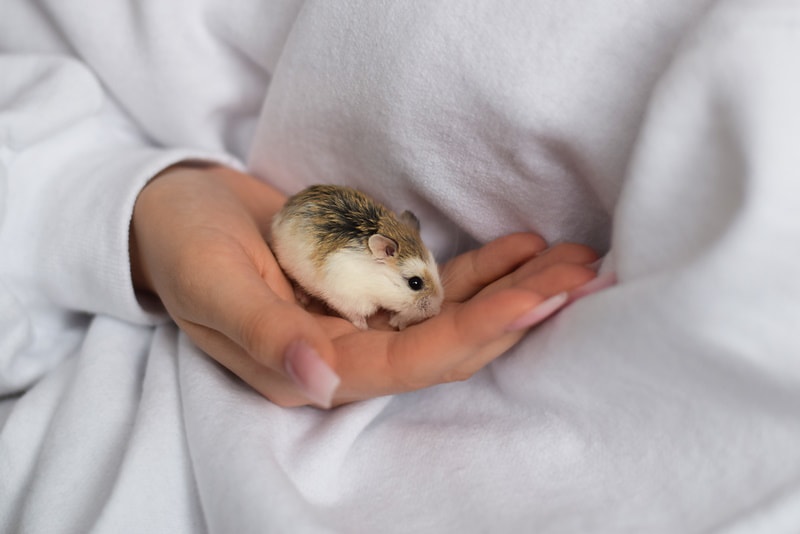

Conclusion
Unfortunately, hamsters have short lifespans and rarely live beyond 3 years, even with proper care. They are also sensitive to stress and easily frightened by loud noises, handling, and other pets, which can lead to a heart attack. They are also prone to certain health conditions, like heart disease and wet tail, which can shorten their lifespans. The best way to prevent sudden death is by keeping their habitat clean and dry, without drafts. Keeping their cage away from noise and pets and scheduling regular veterinary visits is also essential.
See also:
- Can Hamsters Swim? Vet-Approved Facts & Safety Guide
- Wet Tail in Hamsters: Our Vet Explains Signs, Causes & Treatment
Featured Image Credit: Leila Alekto Photo, Shutterstock

